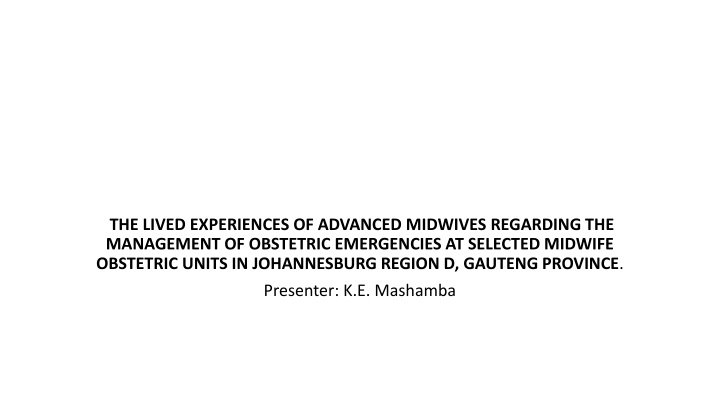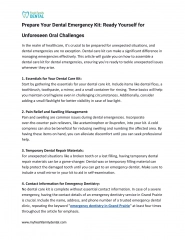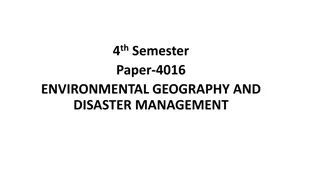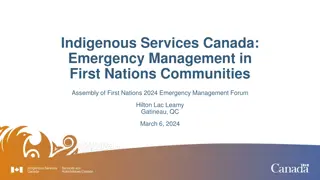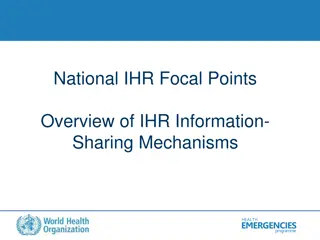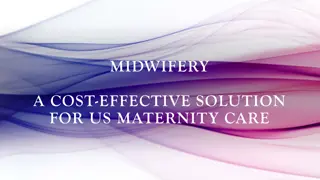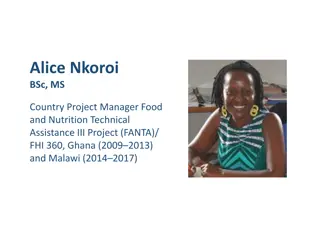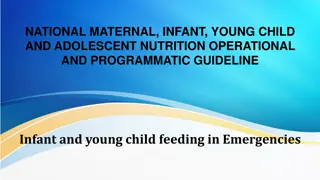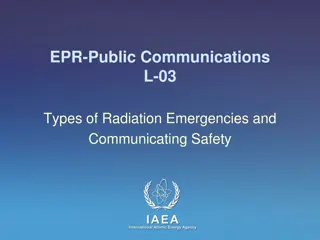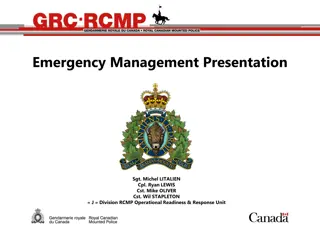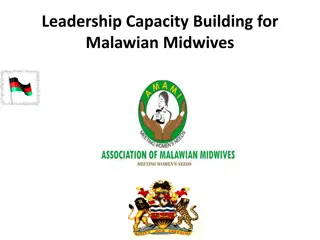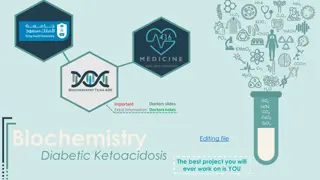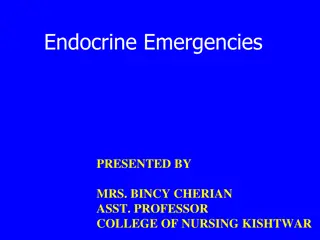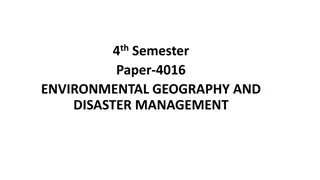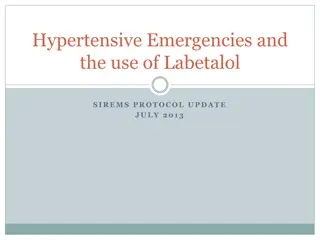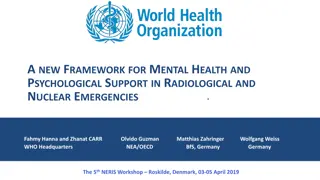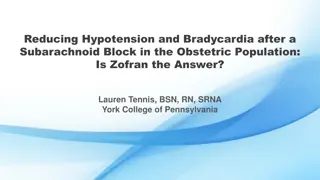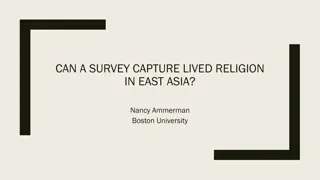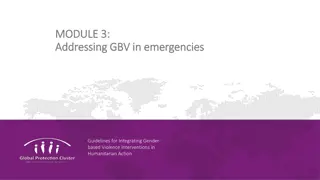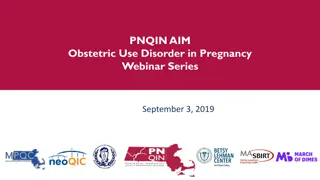Lived Experiences of Advanced Midwives in Managing Obstetric Emergencies
The study delves into the experiences of advanced midwives dealing with obstetric emergencies in Johannesburg, aiming to explore and describe their encounters in selected Midwife Obstetric Units. Through qualitative research methods, including interviews and observations, the study investigates how these midwives navigate sudden, life-threatening conditions during pregnancy, labor, and postpartum phases. Located in Gauteng Province, the research focuses on advanced midwives with over two years of experience, shedding light on their unique perspectives and challenges in managing critical situations.
Download Presentation

Please find below an Image/Link to download the presentation.
The content on the website is provided AS IS for your information and personal use only. It may not be sold, licensed, or shared on other websites without obtaining consent from the author.If you encounter any issues during the download, it is possible that the publisher has removed the file from their server.
You are allowed to download the files provided on this website for personal or commercial use, subject to the condition that they are used lawfully. All files are the property of their respective owners.
The content on the website is provided AS IS for your information and personal use only. It may not be sold, licensed, or shared on other websites without obtaining consent from the author.
E N D
Presentation Transcript
THE LIVED EXPERIENCES OF ADVANCED MIDWIVES REGARDING THE MANAGEMENT OF OBSTETRIC EMERGENCIES AT SELECTED MIDWIFE OBSTETRIC UNITS IN JOHANNESBURG REGION D, GAUTENG PROVINCE. Presenter: K.E. Mashamba
Introduction Women die of complications annually during pregnancy or childbirth due to varieties of obstetric emergencies worldwide. Obstetric emergencies are sudden, unexpected life-threatening medical conditions that occur during pregnancy, labour, delivery or puerperium (Tekoa et al 2015: 723). A Midwife Obstetric Unit is a primary level of care facility for pregnant women which is managed by advanced midwives and midwives; and is located within the primary health care system (DoH 2015: 19).
Purpose The purpose of the study was to explore and describe the lived experiences of advanced midwives regarding the management of obstetric emergencies in the Johannesburg region. Research question What are the lived experiences of advance midwives regarding the management of obstetric emergencies at selected Midwife Obstetric Units in Johannesburg Region D, Gauteng Province?
Research design Qualitative, explorative and descriptive phenomenological research Semi-structured, one-to-one interviews, observations and field notes were used to collect data from purposively selected advanced midwives who have been working in the Johannesburg region for more than two years. The seven Collaizi s procedural steps were utilized for data analysis.
Setting The study was conducted in Gauteng Province, Johannesburg Region D MOUs. The reason for choosing the MOUs was because advanced midwives work independently in these health sectors to manage obstetric women, including obstetric emergencies. Six MOUs were identified by the researcher for data collection. Population: advanced midwives who had been working in the MOUs for two years and more after obtaining their qualifications as advanced midwives.
Sampling: convenience, non-probability sampling was used Inclusion and exclusion criteria The advanced midwives with two or more years experience were specifically chosen because the researcher believed that they are exposed enough in the clinical areas, as such the researcher believed that they had rich information regarding the experiences of managing the obstetric emergencies. Advanced midwives who had two or more years experience after obtaining their qualifications, who has been working in hospitals then moved to the MOUs, but their experience in the MOUs was less than two years were excluded.
Ethical consideration The researcher obtained ethical clearance from the University of Pretoria s Faculty of Health Sciences ethics committee. The researcher then sent the clearance letter from the University of Pretoria to the Johannesburg Region D ethics committee which then granted their approval letter. The researcher took both letters to the selected MOUs where these letters were submitted to the facility managers after she had explained the project to these facility managers.
Findings Biographic profile Data was gathered from twelve (12) advanced midwives who were having two years experience or more The advanced midwives with the least experience were having three (3) years post advanced midwifery training and the most experienced was thirteen (13) years. Their ages range from thirty-four (34) to sixty-four (64) years. All the participants in this study were females.
Findings cont Non-compliant ambulance service Shortage of resources Lack of support from managers Lack of support from medical doctors Psychological stress Professionalism versus lack of professionalism The advanced midwives training programme
Recommendation and limitations Recommendations for nursing education Recommendations for management of the MOUs Recommendations to nursing practice Recommendations for future research Limitations of the study
Conclusion The SANC (2014: 1) defines a midwife specialist as a registered professional nurse and midwife who has advanced expertise in midwifery, hold an additional qualification in midwifery and is registered as such with the SANC . The SANC has further outlined the competencies of a midwife specialist as follows: to act as a leader, clinical specialist, consultant, manager, researcher, change agent and educator in midwifery, including neonatal care and give directions at local, national, regional and international levels (SANC 2014: 1). The advanced midwives in this study indicated that they do possess the above competencies, but it becomes difficult for them to demonstrate these because of the working conditions that they find themselves in.
